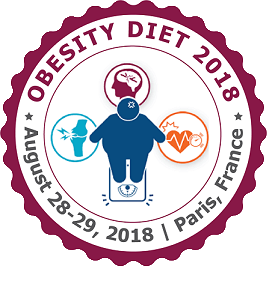
Sigal Eilat-Adar
The Academic College at Wingate, Israel
Title: Title: Are saturated fatty acids so PURE?
Biography
Biography: Sigal Eilat-Adar
Abstract
The history of nutritional recommendations for preventing cardiovascular diseases (CVD) and general recommendation for fat consumption have undergone a number of revisions lately. In this lecture, we will briefly review the history of fat recommendations, attempting to reach conclusions on which and how much fat do we need? The first observations on this topic were made by Anitschkow in animals and de Langen in people, at the beginning of the 20th century. The seven countries study done (1958-1983) by Ancel Kyes, led to the recommendation of a low fat and low saturated-fat diet. Several intervention studies supported these results (70s of the 20th century). However, re-analysis of the results of some of these studies after the discovery of new data that were not included in the original analysis, have led to the opposite conclusions. According to Sydney diet heart study and MCE (Minnesota Coronary Experiment) (2016) and pure study (Prospective Urban Rural Epidemiology) (2016) also supported the claim that there is no harm in saturated fats. However, this study was criticized for its interpretation of the results. In order to resolve this disagreement, a "national committee" was gathered in the USA and, in accordance with the "pyramid of scientific proof", its members choose four intervention trials in order to conduct a meta-analysis. According to their results, polyunsaturated fats were considered to be preferable over saturated fats. Has the "fat war" ended? Most likely, marketing, research and personal beliefs will remain important factors in any future recommendations.

